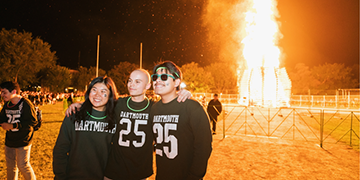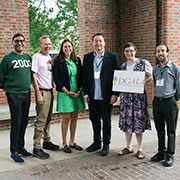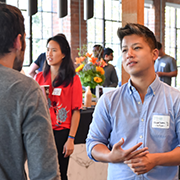Every Internship Is an Opportunity to Learn
Seven alums reflect on the hard skills and life lessons of their internships.
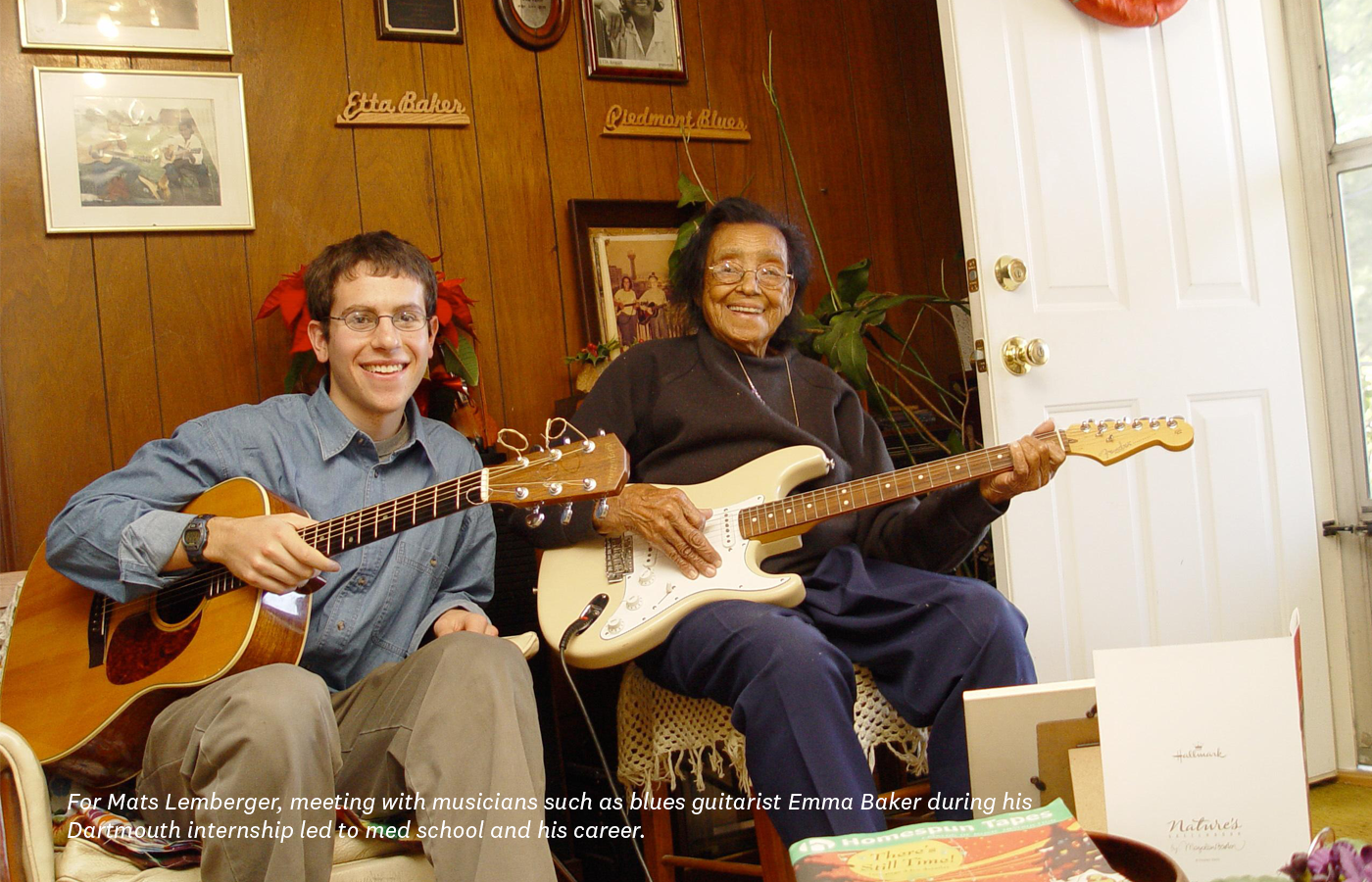
Aug 7, 2025
7 minute read
James Bressor
7 minute read
Every alum knows that Dartmouth’s liberal arts education is exceptional: The depth and breadth of a Dartmouth undergraduate education prepare students to pursue any career.
For years, Dartmouth has encouraged undergrads to pursue internships to supplement their classroom and lab experiences—and help them zero in on their career options. In 2025, the Dartmouth Center for Career Design opened, providing a central clearinghouse for information related to all facets of career planning, including internship opportunities available to students.
We asked seven alumni who participated in internships during their undergraduate years to reflect on their experiences and how internships influenced their lives and careers.
“The liberal arts teach you how to read, write, and think,” says Ken Weinstein ’83. “But when you’re thinking about what’s going to give you a satisfying career and make your work life fulfilling versus just earning a paycheck, having hands-on, practical work experience is incredibly helpful.”
Abigail K. Chiu ’21
Manager, Emerging Ventures and Apple Partnership, Major League Soccer
Abigail Chiu says she has long been interested in the business side of sports. Through her varsity tennis coach at Dartmouth, she connected with Tony Godsick ’93, Roger Federer’s agent, who invited Chiu to work as an intern at the annual Laver Cup tournament during her sophomore year. She next interned at Excel Sports Management, which led to her first job after Dartmouth—being selected for the NFL’s highly competitive two-year rotational program. A third internship was with the Brooklyn Nets, helping develop partner research and presentation materials for prospective sponsors.
Three lessons from my internships stand out for me. First, no task is too small, especially when you're first starting out in your career. Being willing to pitch in, stay late, and take on responsibilities outside of your scope all go a long way toward building trust with your colleagues. Second, flexibility and teamwork are essential, something I also learned as a student-athlete at Dartmouth. And lastly, relationship development was probably the biggest thing that I learned. It’s so vital to your success as a professional.
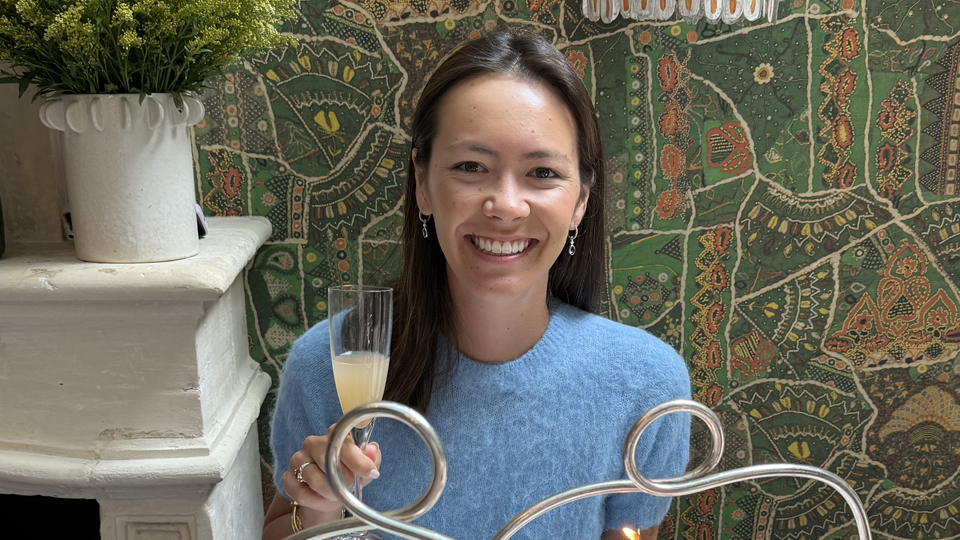
There were partners at Excel Sports Management who worked with very high-profile clients, and they didn’t interact much with junior staff or interns. I heard that one of them was Maria Sharapova’s agent back in the day. He seemed intimidating to me. But eventually—it may have been the last week of my internship—I just told myself that I wanted to have a conversation with him. I went into his office, and we had a great conversation. He was an extremely friendly person who I knew right off the bat could end up being a mentor for me one day, and that’s exactly what happened. He was a big reason why I landed the NFL job. Without a doubt, the relationships I built during my internships, particularly that one, helped me navigate the start of my career.
I had internships with three different companies before I graduated, and I didn’t end up working full-time at any of them. Each of them, however, taught me different things that I liked and things I didn't like and ultimately helped me guide my decision for where I did want to start my career.
Samantha Fried ’22
Administrative Assistant, Alumni Relations, MIT
The pandemic cancelled Sam Fried’s plans for terms in Rome and London. However, an internship immediately after graduation brought her to Venice, where she worked at the Peggy Guggenheim Collection. It was her third internship—she had previously worked for Ascensia Diabetes Care and had completed an online internship for the Hood Museum of Art.
I was an art history and history double major. When I interned at the Peggy Guggenheim Collection, I was considering a career in museums. Getting a peek behind the curtain and seeing just what makes a museum run was eye-opening. The internship was incredibly exciting and engaging.
Interns at the PGC get involved with just about every task you could think of, and the experience helped me with all sorts of skills, including public speaking. Interns had to create and give presentations two or three times a day, and we weren’t given a script. We had to put together one 10-minute talk about Peggy Guggenheim as well as 10-minute talks about various works of art. We would go into a gallery, gather people together, and start talking. And as someone who’s a bit introverted, that was a new experience for me.
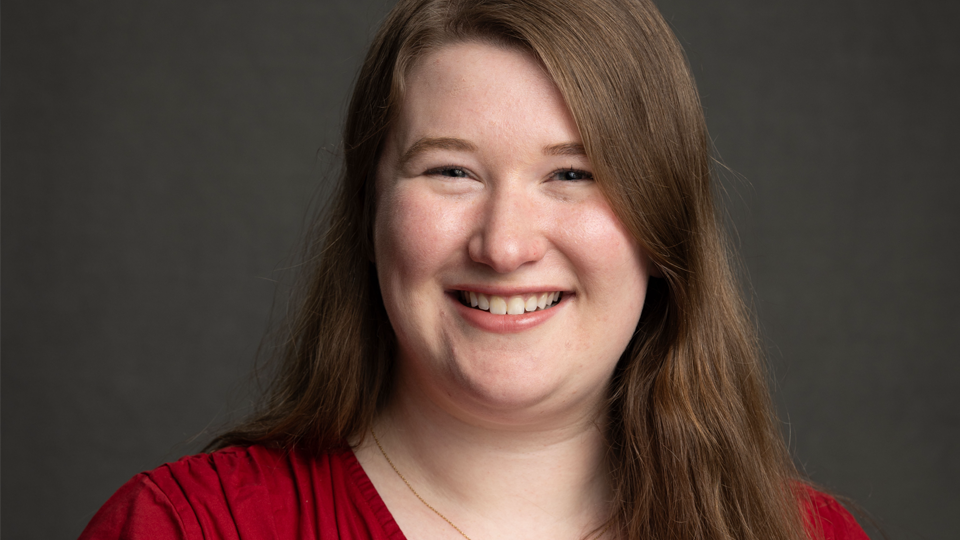
My internships helped clarify for me that I need to be doing something that interests me. I have type 1 diabetes, so contributing to that community is important to me, but I found through my Ascensia internship that I didn’t want to be immersed in that world 24/7. However, both my Hood and PGC internships appealed to me academically and personally. I’m not saying I must work in the art field going forward. But my internships made me realize that my career needs to be something that I’m interested and invested in.
Bridget Golob ’14
Associate, Global Risk & National Security Practice, Milbank LLP
Between Dartmouth, her master’s program at King’s College London, and the University of Pennsylvania Carey Law School, Bridget Golob has held about a dozen internships. One of her first internships was through the John Sloan Dickey Center for International Understanding.
Internships offer incredible snapshots of different fields, and through them you can learn what interests you as well as what you might be less inclined to pursue. My internships helped expose me to so many workplaces and supervisors and their different approaches to leadership and management. This exposure drove home for me that when people are passionate about the work they do and are able to translate their motivation into guidance and mentorship for their teams, they can make all the difference. They are the people who propel projects and teams forward.
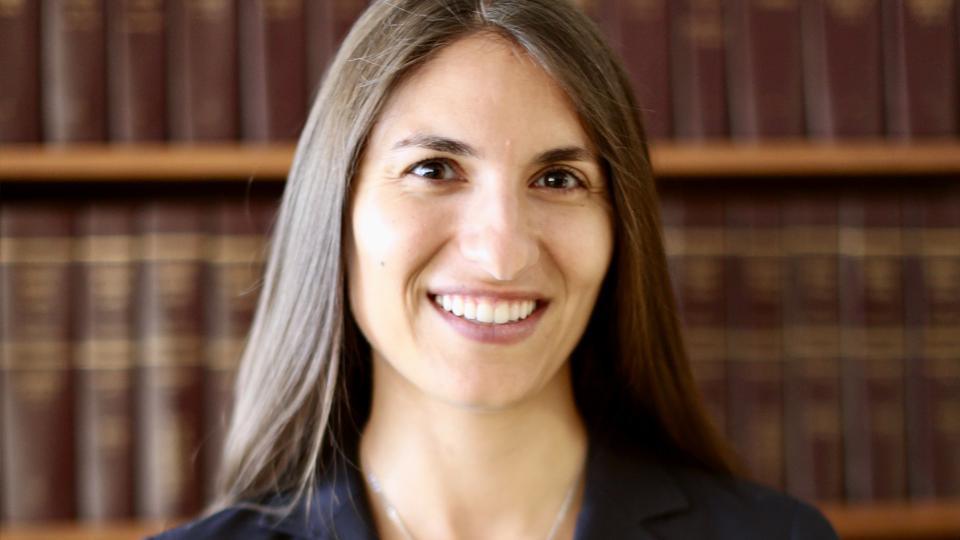
One of the main skills I believe I developed through my internships is to be able to tailor my oral presentations and written assessments more effectively based on an understanding of who the intended audience is and what issues may be most important to them under the relevant circumstances.
Having internships across many settings and being able to support different groups made me realize how fulfilling I would find it to work in a client-focused profession and to be able to build on my international experiences. Bringing that sense of awareness to my career path has all been thanks to my internship experiences at Dartmouth and beyond.
Mats Lemberger ’06
Child and Adolescent Psychiatrist, Dartmouth Health
During his junior year at Dartmouth, Mats Lemberger traveled to North Carolina for an internship with the Music Maker Relief Foundation, made possible by the Tucker Foundation and Dartmouth Partners in Community Service. Music Maker’s mission is to preserve Southern American music while helping its elderly stewards gain recognition and meet their daily living needs. During a field recording project in McDowell County, West Virginia, Lemberger witnessed a side of America he had never seen and became inspired to pursue a profession he hadn’t previously considered. In 2019, he graduated from the Marshall University Joan C. Edwards School of Medicine, where he went on to complete his general psychiatry residency and a fellowship in child and adolescent psychiatry.
After graduating from Dartmouth, I explored a few different vocational paths while considering what to do for a long-term career. I returned to McDowell County several times and became increasingly aware of barriers to accessing care in rural America. Ultimately, my journey led me to choose a career in medicine. To better understand the unique health care challenges that people face in geographically isolated places, and to repay what I felt were the intangible gifts I had been given by the people I met during my DPCS internship, I moved back to McDowell County to live and work for the gap year when I was applying to medical school.
My story entwines a love of music with a curiosity about Appalachia. My DPCS internship created this incredible opportunity to explore that region and the music that fascinated me. In the process, I made some remarkable friends and ultimately discovered a pathway to my career in medicine. When I think back to when I was young, music provided a powerful coping skill that helped me process harder times at that stage of life. The common thread of music continues to inform my practice of child and adolescent psychiatry.
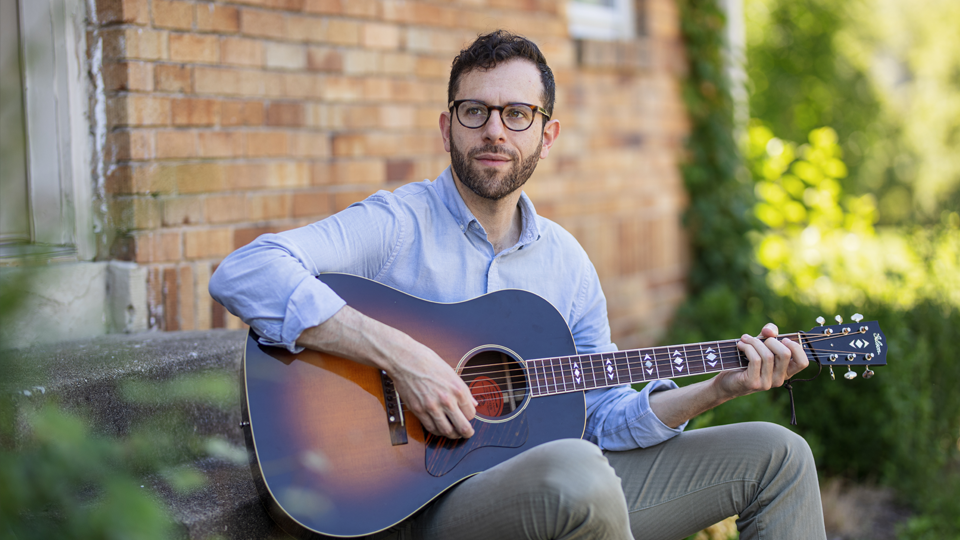
I believe that music and medicine are both about healing, which can be especially powerful for the child and adolescent population. During my medical training, I worked in trauma-focused inpatient pediatric settings at long-term residential placements for young people who’ve gone through some hard stuff in the early part of their lives. These experiences got me interested in exploring ways that music could help kids in these settings. One of my professional goals is to develop a flexible and effective model for integrating live music therapy into clinical practice for hospitalized youth.
Andy Miller ’06
Cofounder and Managing Director, Copley Equity Partners
Andy Miller had two internships while at Dartmouth: working in the office of U.S. Senator Ben Nighthorse Campbell and then at Standard & Poor’s. He co-founded Copley just as he was wrapping up his Harvard MBA, and he has hired 30 Dartmouth interns over the past 14 years. Many of his former interns have chosen careers in finance, while others have pursued other vocations—including supply chain manager, U.S. Marine, and professional actor. Miller and his wife Erin recently made an endowed gift to the Dartmouth Center for Career Design.
Working for Senator Campbell gave me the chance to think about having an impact on people’s lives. However, the pace at which the government moved left me knowing that I did not want to jump into politics straight out of Dartmouth. The S&P internship was terrific. Working at a credit rating agency provided a great lens into the world of finance, understanding how all the pieces fit together. I was an economics major, and I was beginning to understand the world of finance. But that internship enabled me to really understand how the public markets interacted with private markets, how private equity interacted with investment banks, and how the rating agencies interacted with the whole ecosystem.
That’s something I experienced as an intern and what I continue to see today as we make internships available at Copley. We value having the opportunity to work with exceptionally bright, hardworking individuals. We give them real work to do, such as having conversations with the CEOs of prospective investment opportunities, analyzing potential investments, and helping craft letters of intent. We ask our interns to really get into our business and lend a hand. And we work hard to make sure our interns have an experience that is impactful to their emerging careers, no matter what those careers look like. We also love it when our interns grow into full-time associates.
We founded the company in 2011 and had an intern that same summer. His name was Will Lehmann, Class of 2012. He’s gone on to have a very successful venture capital and private equity career in his own right. And at that time, it was just my business partner, Will, and me. Will made a cold call to a medical waste management company, developed a dialogue with the CEO, and then got us involved in that dialogue. After several months of developing a relationship with the CEO who Will cold-called, we made our first investment as a firm in that company.
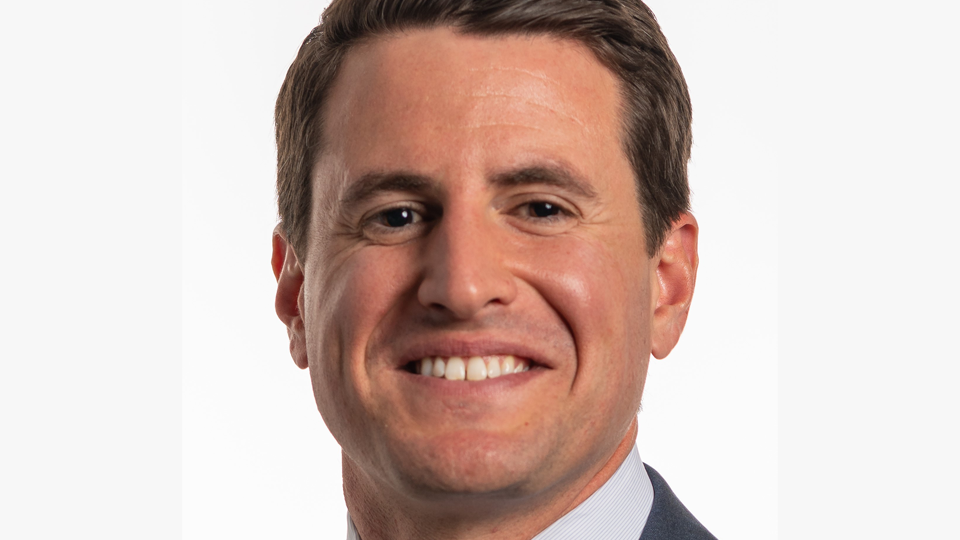
Liyan Shen ’04
Chief Financial Officer, Birdy Grey
Through the Dickey Center, Liyan Shen interned with the U.S. Commercial Service in Shanghai—essentially the U.S. Consulate General’s business office—after her first year at Dartmouth. She followed that up with two internships during her junior year: one with an investment bank and then one with a private equity investment firm. Shen received an MBA in finance from the Wharton School and began her career at Credit Suisse.
My internship in Shanghai was my first exposure to business in general, while the two internships during my junior year were very skills-based. Both started with training—assigned reading and instructors who explained what I needed to learn.
My husband is also a Dartmouth alum, and we are big fans of Dartmouth as a family, but the hard skills are not really at the core of the Dartmouth curriculum. I first learned several hard skills during my internships, such as how to build a financial model, how to build a discounted cash flow, how to do comparable multiples. These are skills I’m still using 20 years later.
I am a big fan of internships. I think all students should do them, particularly if they’re going into the business world, as they’ll be competing against peers who graduated with an undergraduate business degree. While Dartmouth students can always pick up job skills quickly—and certainly there’s no shortage of Dartmouth people in the finance world, meaning that in the long run it all equalizes—in the short run, nobody likes to stumble. To be a little bit more prepared is always better than not.
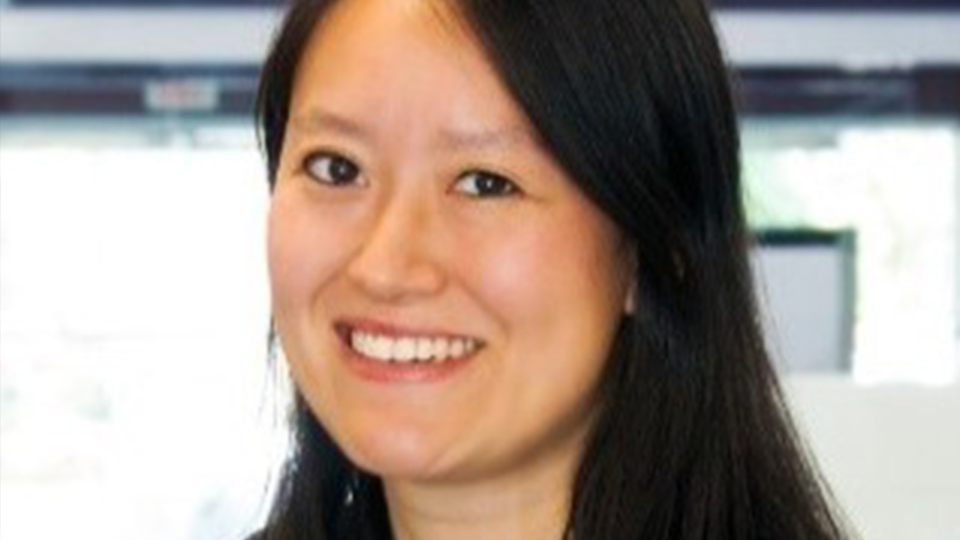
Ken Weinstein ’83
President and CEO, Newtown Savings Bank
Ken Weinstein had two internships while a Dartmouth undergraduate, the first with People’s Savings Bank, now part of M&T, during his sophomore winter term, and then a junior winter internship with U.S. Representative Bill Ratchford. The first sparked his deep interest in community banking; the second steered him away from a career in politics. A Harvard Business School graduate, Weinstein has worked in banking for four decades.
Through my internship at People’s, I stumbled into a field that I found really interesting and fulfilling—community banking. I enjoyed the variety of the work. Banks are more interesting places than most people know. I was working on a few small initiatives that the bank had set up. One of them—and this will tell you how old I am—was calling customers to ask if they’d use ATMs if we had them. We were looking into ATMs, the discount brokerage business, and, believe it or not, video banking.
My second internship came about because I was still curious about a possible career in politics. Then I discovered that members of Congress have to start running for reelection five minutes after being elected and that the job wasn’t enough about crafting good legislation and providing good constituent service.
Both internships were an invaluable part of my overall Dartmouth education. One of the big takeaways from both experiences was how important communication skills were, and especially written communication. I was given tremendous opportunities early on because people took note of my writing abilities. In my congressional internship, I even got to work on marking up legislation, which interns don’t usually do.



